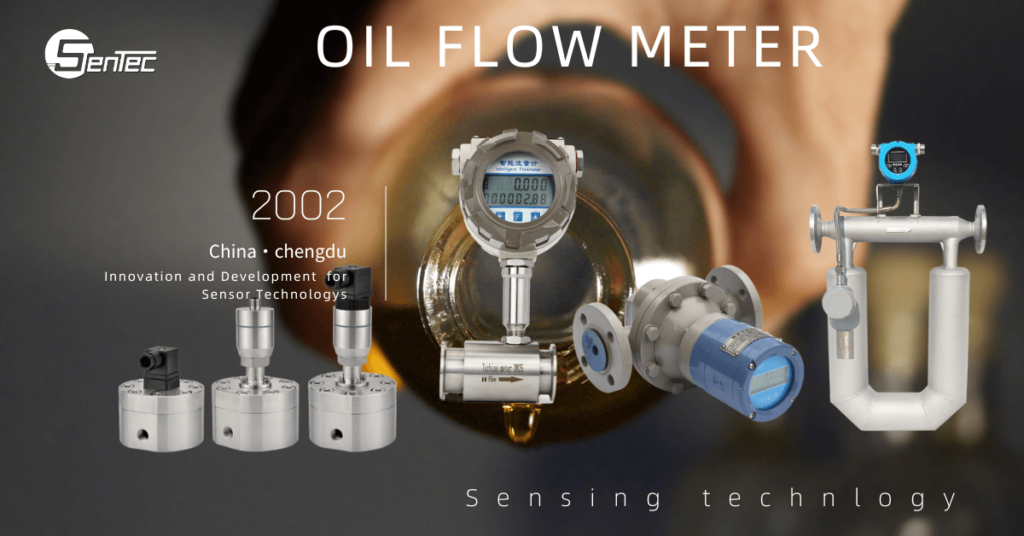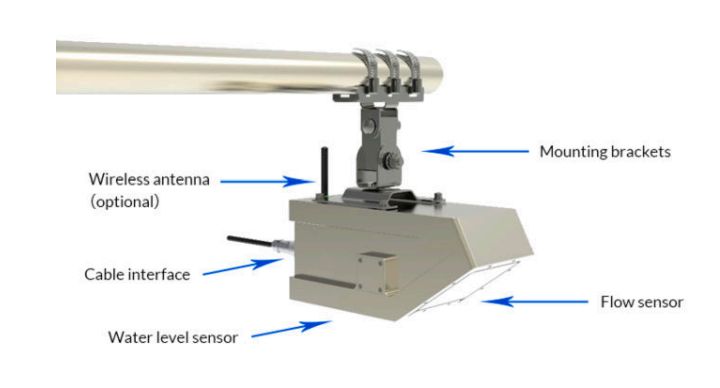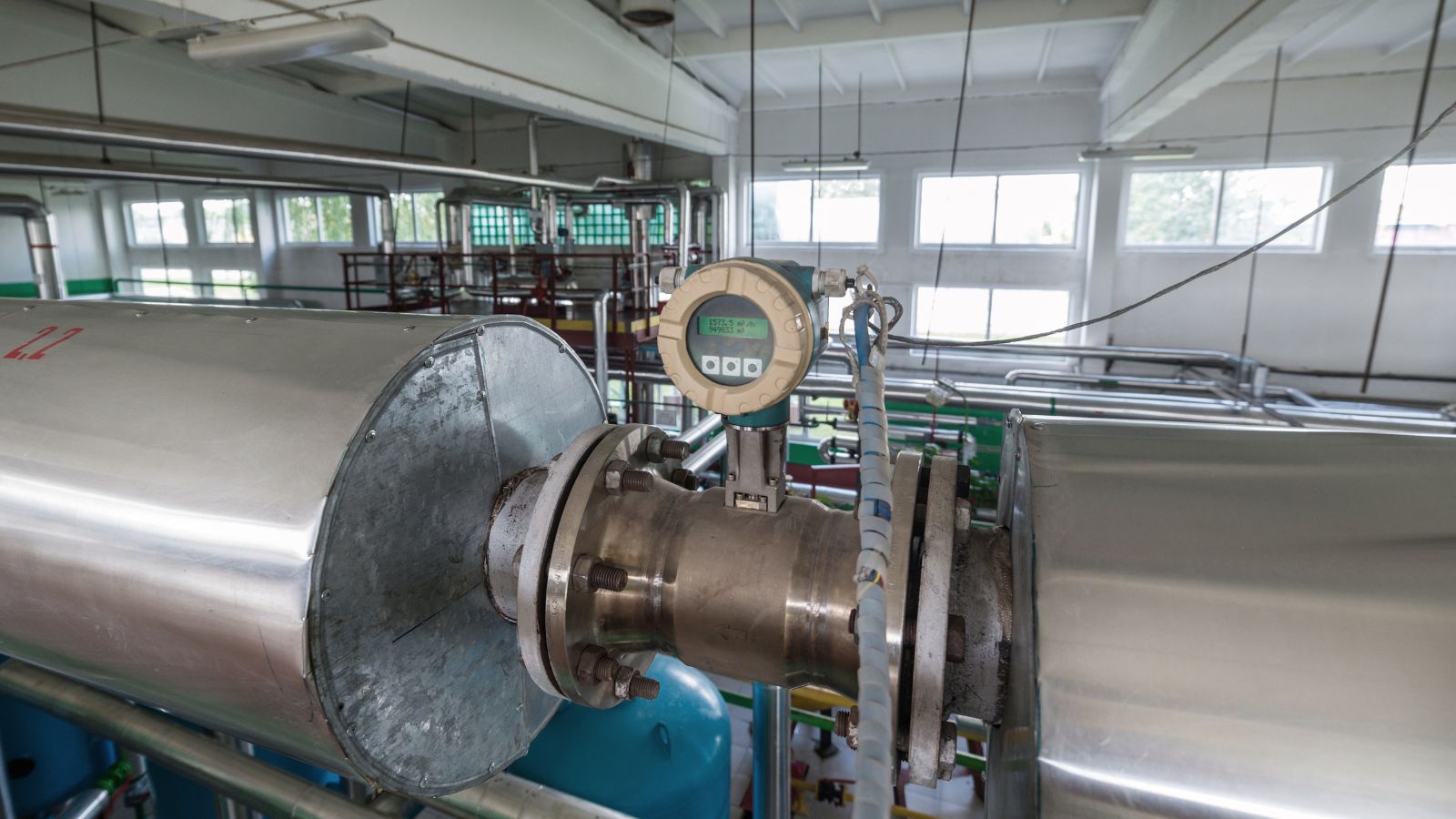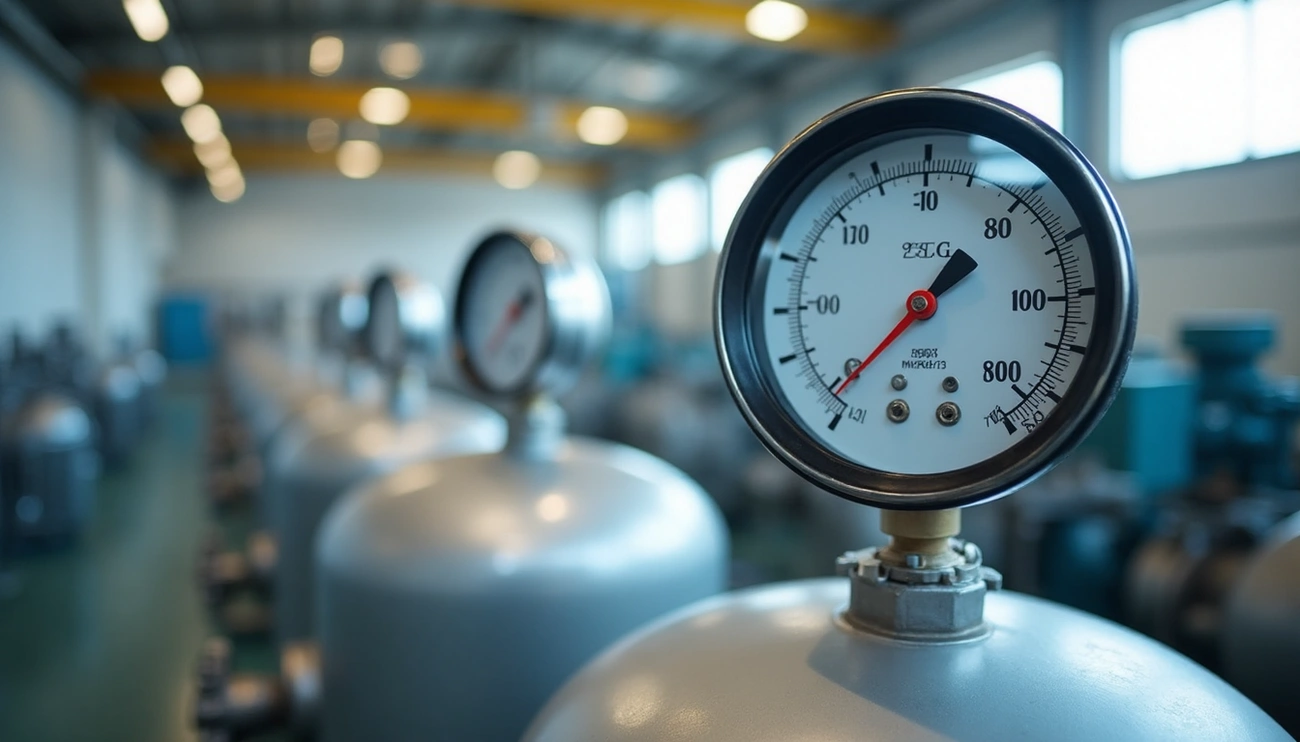Oil flow meters play a crucial role in various industries where accurate measurement of oil flow is essential. Whether it’s monitoring the flow of fuel, diesel, or other types of oil, these devices provide valuable data for efficiency optimization, cost control, and maintenance planning. In this comprehensive guide, we will delve into the world of oil flow meters, exploring their importance, different types, applications, and how to choose the right one for your specific needs.
Importance of Accurate Oil Flow Measurement
Accurate oil flow measurement is paramount in many industries, including manufacturing, oil and gas, power generation, and transportation. It enables businesses to monitor consumption, track efficiency, and detect any deviations that could indicate leaks or equipment malfunction. With precise measurements, companies can optimize their processes, reduce waste, and ensure the smooth operation of critical machinery. Furthermore, accurate flow data aids in cost control by providing insights into usage patterns and allowing for informed decision-making regarding maintenance and replacement schedules.
Different Types of Oil Flow Meters
There are several types available, each with its own unique features and benefits. The three most common types include inline oil flow meters, diesel oil flow meters, and fuel oil flow meters. Let’s explore each type in detail.

Inline Oil Flow Meters: Working Principles and Applications
Inline oil flow meters, also known as volumetric flow meters, measure the volume of oil flowing through a pipe or conduit. They utilize various technologies such as positive displacement, turbine, or ultrasonic to accurately determine the flow rate. These meters are particularly effective in applications where high precision measurement is required, such as custody transfer, batching, or process control. Their compact design allows for easy installation in both horizontal and vertical pipes, making them a versatile choice for many industries.
Diesel Oil Flow Meters: Features and Benefits
Diesel oil flow meters are specifically designed for measuring the flow rate of diesel fuel. They are widely used in sectors such as transportation, construction, and agriculture, where diesel fuel plays a crucial role. These meters often employ positive displacement or turbine technology, ensuring precise measurement even in high-viscosity diesel fuel. The benefits of diesel oil flow meters include accuracy, durability, and compatibility with diesel fuel’s unique properties. They are also known for their compact size, ease of installation, and low maintenance requirements.
Fuel Oil Flow Meters: How They Work and Where They Are Used
Fuel oil flow meters are employed in industries that rely on heavy fuel oils, such as marine, power generation, and heating systems. These meters are specifically designed to handle the high-viscosity and abrasive nature of fuel oils. They utilize technology such as positive displacement, turbine, or electromagnetic to measure the flow rate accurately. Fuel oil flow meters are commonly used for monitoring fuel consumption, optimizing burner performance, and ensuring compliance with environmental regulations. Their robust construction and resistance to harsh operating conditions make them ideal for demanding applications.
Choosing the Right Oil Flow Meter for Your Needs
Selecting the right oil flow meter for your specific needs requires careful consideration of several factors. These include the type of oil being measured, the desired accuracy, flow range, installation requirements, and budget constraints. It’s crucial to consult with a knowledgeable supplier or engineer who can guide you through the selection process. By assessing your application’s unique requirements and understanding the capabilities of different meter types, you can make an informed decision and ensure accurate oil flow measurement.
Oval gear flow meter for oil measurement
It is a kind of positive displacement oil flow meter, volume flow measurement and can take high viscosity oil measurement (max viscosity 2000 cp), max temperature is 200 °C, it can be made into mechanical oil flow meter without any power supply , or it can also equipped with flow transmitter with pulse or 4-20mA output. Hart Protocol and RS485 are also available upon request. Max sensor size we manufacture is 8 inch oval gear flow meter; it is an economical and reliable choice for petrol, crude oil, diesel oil flow measurement.
Liquid Turbine flow meter for oil measurement
It is a kind low price cost volumetric and digital flow meter, it has compact volume and easy to transportation. In-line type oil turbine flow sensor can take measurement of non-viscous oil measurement, such as vegetable oil, diesel, petrol, gasoline and so on. It can be battery powered, or 24V DC power supply. It can be made into sanitary type oil flow meter with stainless steel material and tri-clamp connection, and an ideal solution for edible oil, palm oil, vegetable oil flow measurement.
Coriolis mass flow meter for oil measurement
Coriolis flow meter is used to measure oil when high accuracy is needed; it is a kind of advance flow metering device and direct measure oil mass flow. It can measure extremely viscous oil mass flow. However Coriolis flow meter price is also very expensive comparing to common type oil flow meter.
Installation and Maintenance of Oil Flow Meters
Proper installation and regular maintenance are essential for the optimal performance and longevity of oil flow meters. Following the manufacturer’s guidelines for installation, including pipe straight lengths, orientation, and calibration, is crucial to achieve accurate measurements. Regular maintenance tasks such as cleaning, inspection, and calibration are necessary to prevent any degradation in performance over time. It is also important to train personnel on proper handling and troubleshooting techniques to address any issues that may arise.
Common Troubleshooting and Calibration Issues
Even with proper installation and maintenance, oil flow meters may encounter occasional issues that require troubleshooting. Common problems include sensor drift, clogging, electrical interference, or mechanical wear. It is essential to have a comprehensive troubleshooting plan in place to identify and rectify these issues promptly. Additionally, regular calibration is crucial to maintaining the accuracy and reliability of oil flow meters. Calibration ensures that the meter produces accurate measurements and provides traceability to recognized standards.
Conclusion: Selecting the Best Oil Flow Meter for Your Application
In conclusion, selecting the best oil flow meter for your application requires careful consideration of various factors. Accurate oil flow measurement is vital for optimizing efficiency, controlling costs, and ensuring the smooth operation of machinery in industries such as manufacturing, oil and gas, power generation, and transportation. By understanding the different types of oil flow meters available, their working principles, and applications, you can make an informed decision. Consultation with experts and adherence to proper installation, maintenance, and calibration practices will ensure accurate and reliable oil flow measurement for years to come.
CTA: Contact us today to learn more about oil flow meters and find the perfect solution for your specific needs.




